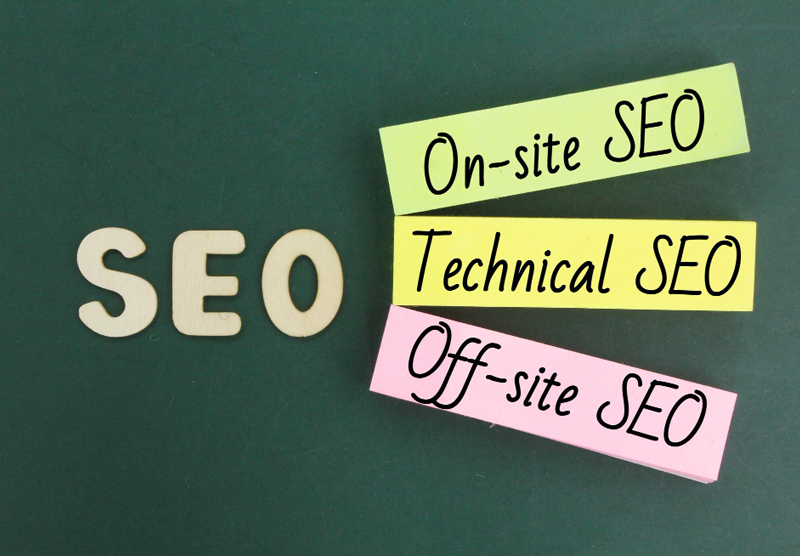Artificial Intelligence is a broad field of computer science focused on creating systems capable of performing tasks that typically require human intelligence. These tasks include reasoning, learning, problem-solving, perception, and language understanding. AI encompasses various subfields, such as machine learning, which allows systems to learn from data, and deep learning, which uses neural networks to mimic the human brain’s structure. AI applications range from digital assistants and self-driving cars to advanced data analysis and generative models like ChatGPT. While AI has made significant strides, achieving true artificial general intelligence (AGI) remains a theoretical goal.
AI (Artificial Intelligence) has been around for quite some time. Machine Learning drives Google search, for instance. Other examples of AI are artificial chatbots, such as Siri or Alexa, multiplayer computer games, or, going back in history, the supercomputer Deep Blue, which beat a chess master in 1985. Deep Blue’s victory is considered a milestone in the history of artificial intelligence and has been the subject of several books and films.
Artificial Intelligence, or AI, has been around for a while. For example, Google Search is powered by machine learning. Artificial intelligence (AI) can also be seen in multiplayer video games, artificial chatbots like Siri or Alexa, and the 1985 chess master defeat by the supercomputer Deep Blue. The triumph of Deep Blue is seen as a turning point in the development of artificial intelligence and has inspired several novels and movies.
AI in Contemporary Web Design
Artificial intelligence is transforming web design through the simplification of complex activities, enhancement of user interface, and performance enhancement. AI solutions help designers develop more engaging and personalized websites by handling coding, creating design elements, and providing real-time feedback on user behaviour.
For example, AI can look at user data to suggest design changes, improve content for search engines, and even write relevant text using natural language processing (NLP). It also enhances security by spotting and fixing vulnerabilities quickly, making websites safer for users. As AI technology advances, it’s becoming an essential tool for web designers, allowing them to build more efficient, user-friendly, and visually appealing websites.
The State of AI in Web Design Right Now
AI-Driven Design Instruments
AI-driven design tools are revolutionizing the online design sector. AI is used by programs like Adobe Sensei and Wix ADI to improve and automate the design process. Furthermore, the MaxiBlocks AI Website Builder is advancing this sector significantly.
An AI Example for Website Design
Overview of MaxiBlocks
A WordPress plugin called MaxiBlocks works well with the Gutenberg editor. It provides a selection of ready-to-use templates that make website design quick and polished. The main objective of MaxiBlocks is to speed up the development of aesthetically pleasing websites by making website design more artistic and less struggle.
AI-Powered Assistant for Setup
MaxiBlocks has released an AI-driven setup helper. This assistant uses a straightforward questionnaire to lead people through a thorough, straightforward process. It creates customized content by combining prompt templates with user feedback, and it selects the best design patterns and page layouts from its vast library. The goal of this method is to streamline and personalize the process of creating websites.
AI in UX (User Experience)
Artificial intelligence improves user experience tremendously by offering tailored and individualized interactions. Artificial intelligence (AI)–powered chatbots and virtual assistants enhance customer service by answering questions and providing round-the-clock assistance. Websites are more interactive and user-friendly thanks to these technologies.
AI’s advantages for web design
AI in web design has advantages such as higher productivity and efficiency. Designers can concentrate on more creative aspects using AI tools to automate monotonous work. AI technologies also save money by eliminating the need for a lot of human work and reducing project completion times.
AI Trends for Web Design in the Future: Enhanced Personalization
Hyper-personalized user experiences will be made possible by upcoming AI technologies. AI can offer personalized content and interactions by predicting user preferences and behaviour through the analysis of massive volumes of user data.
Artificial Intelligence-Powered Content Production
AI will be very important in the production of content. Text, photos, and videos will be produced by automated systems, greatly cutting down on the amount of time needed to produce material. AI-assisted SEO optimization will guarantee that the material is both search engine discoverable and interesting.
Improved Communication between Users
Better user-website communication will be facilitated by natural language processing or NLP. Voice User Interfaces (VUI) will proliferate, providing voice commands for users to engage with websites, thus augmenting accessibility and convenience.
Responsive and Adaptive Design
AI will make it possible to instantly modify a website’s design in response to user inputs. This implies that websites are more responsive and dynamic since they can adjust to various user needs and settings.
Accessible AI
The automation of accessibility compliance using AI will facilitate the development of accessible websites. To ensure a more inclusive web, tools for visually impaired users will also be developed.
Machine Learning’s Place in Data-Driven Web Design Decisions
Designers may leverage big data to understand user behaviour and preferences thanks to machine learning. More sophisticated A/B testing and user input analysis will result in better design choices.
Anticipatory User Conduct
Machine learning systems can adjust and evolve by anticipating the demands and preferences of their users. Websites are guaranteed to stay interesting and relevant to users thanks to adaptive learning.
Ethical Issues and Difficulties
Privacy Issues
There are privacy risks when AI is used in site design. User consent and ethical practices are required when collecting data. It is the responsibility of designers to guarantee the responsible usage and security of personal data.
AI Algorithm Bias
Training data can introduce biases into AI algorithms. Ensuring justice and inclusivity in web design requires addressing and minimizing these biases.
Loss of Employment
Tasks related to site design may become automated, which could eliminate jobs. Maintaining a balance between automation and human innovation is crucial to the industry so that designers can continue to find fulfilling work.
Concluding Recap of Important Ideas
AI is transforming site design through enhanced personalization, process optimization, and improved user experience. MaxiBlocks AI Website Builder is one of the leading tools in this shift.
The Path Ahead
Web design and AI have a very bright future ahead of them, as AI continues to change the way websites are made and used. With artificial intelligence (AI) monitoring user behaviour to customize information and design to individual interests, websites will likely become even more personalized.
Last Words
Despite all of AI’s advantages, human-centric design principles must be upheld. Numerous jobs, including coding and content development, can be automated by AI, which speeds up and improves the efficiency of the design process. In web design, it’s imperative to keep the human factor in mind. Understanding the needs, interests, and behaviours of actual users of the website is the main goal of human-centric design. This methodology guarantees that the ultimate product is not just operational but also emotionally connected to users, enhancing their experience in a meaningful way. More interesting, approachable, and customized online experiences can be produced by designers by striking a balance between automation and creativity.












